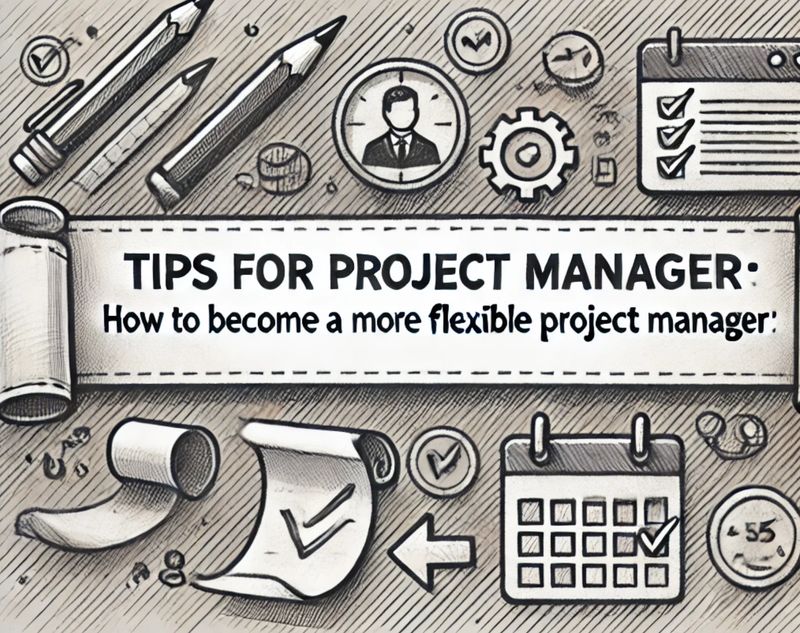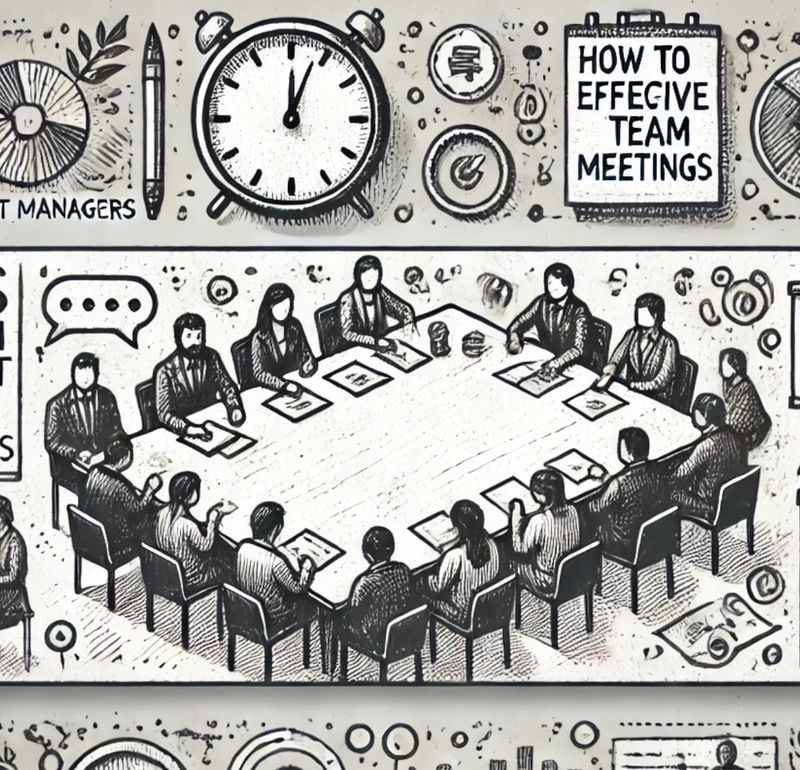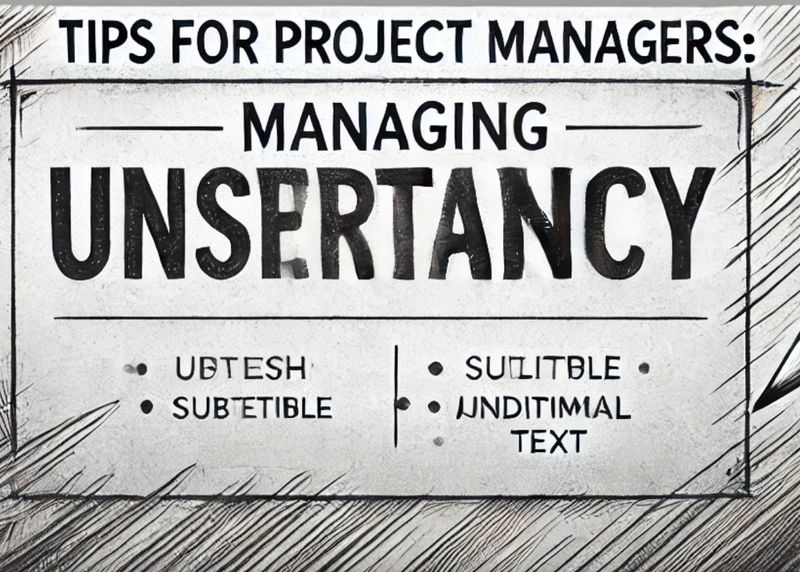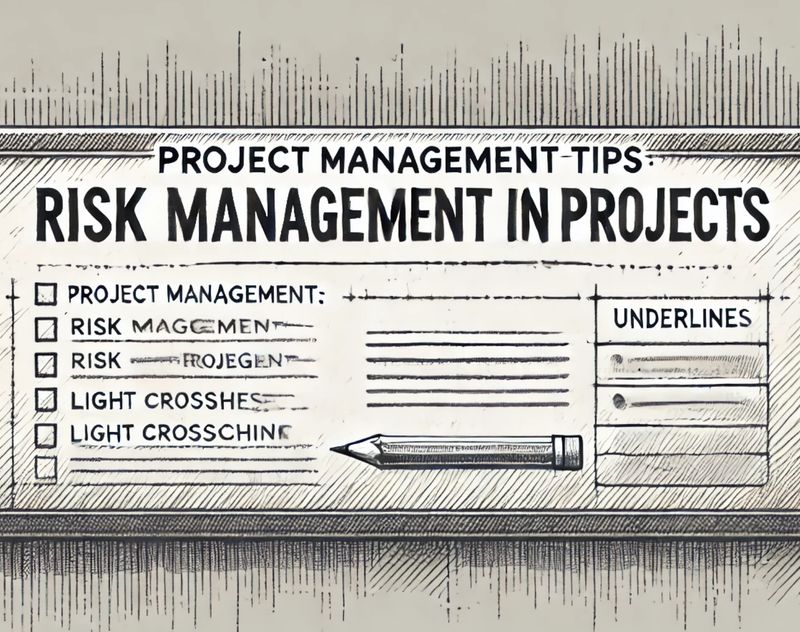Tips for Project Managers: How to Become a More Flexible Project Manager

Why Flexibility Matters in Project Management
Project management is rarely straightforward. While initial plans are essential, they’re often challenged by unforeseen obstacles, such as changes in client requirements, resource limitations, or shifting market conditions. A flexible manager embraces these changes as opportunities rather than setbacks.
Firstly, consider how flexibility helps in handling changing project scopes. Imagine a scenario where a client suddenly decides to add new features mid-project. A rigid approach would involve sticking to the original plan, causing friction. Instead, a flexible manager would reassess the project’s timeline, prioritize tasks, and find a compromise that satisfies the client without overwhelming the team.
Secondly, flexibility fosters innovation. Projects often benefit from team members’ creative ideas, but a manager unwilling to adapt their approach may stifle these contributions. For example, a team member might suggest using a new tool that could streamline communication. Embracing this suggestion could not only improve workflow but also motivate the team by showing that their input is valued.
Finally, flexibility enhances problem-solving. In complex projects, unforeseen issues are inevitable. Whether it’s a delay in a supplier’s delivery or a sudden staffing shortage, a flexible manager focuses on finding solutions rather than dwelling on problems. This mindset helps maintain momentum and ensures the project stays on track despite setbacks.
How to Develop Flexibility as a Project Manager
Flexibility isn’t an innate trait; it’s a skill that can be cultivated through intentional practice and mindset shifts. To become a more flexible project manager, start by adopting these key habits.
First, develop a mindset of adaptability. Being open to change begins with your attitude. For example, instead of viewing changes to a project plan as failures, consider them opportunities to refine your strategy. This perspective will help you remain calm and proactive when facing unexpected challenges.
Second, strengthen your communication skills. Clear and empathetic communication is at the heart of flexible project management. If your team understands why changes are necessary, they’ll be more likely to support and adapt to them. For instance, when adjusting a project’s deadline, explain the reasons behind the change and how it benefits the overall outcome. This transparency fosters trust and minimizes resistance.
Third, build contingency plans. While flexibility often requires on-the-spot problem-solving, having backup plans can make transitions smoother. For example, if a project relies on a single supplier, establish relationships with alternative vendors to mitigate the risk of delays. This proactive approach ensures you’re prepared for potential disruptions.
Fourth, practice delegating effectively. Flexible managers understand that they don’t have to control every detail of a project. Delegating tasks to trusted team members not only lightens your workload but also empowers others to take ownership of their responsibilities. For example, if a team member excels in graphic design, trust them to handle creative aspects while you focus on broader project goals.
The Benefits of Flexibility for Your Team and Projects
Flexibility doesn’t just benefit the project manager; it creates a positive ripple effect across the entire team and project outcomes.
First, a flexible approach boosts team morale. When team members see their manager adapting to challenges with a positive attitude, they’re more likely to adopt the same mindset. For instance, if a project deadline is unexpectedly moved up, a flexible manager might reorganize priorities and reassure the team that their efforts are appreciated. This encouragement can reduce stress and maintain productivity.
Second, flexibility enhances client satisfaction. Clients often appreciate working with managers who can accommodate their changing needs. For example, if a client requests last-minute changes to a marketing campaign, a flexible manager might propose phased implementations to meet immediate needs while planning for long-term adjustments. This ability to balance client demands with project feasibility strengthens relationships and builds trust.
Third, flexibility leads to better project outcomes. Projects that adapt to change are more likely to succeed than those that resist it. For example, during a software development project, user feedback might reveal that a key feature isn’t working as intended. A flexible manager would prioritize fixing the issue, even if it means adjusting the project timeline, ensuring the final product meets user expectations.
Flexibility also fosters a culture of continuous improvement. When team members see that changes are welcomed and mistakes are treated as learning opportunities, they’re more likely to experiment with innovative ideas. For instance, if a new workflow proves inefficient, a flexible manager would encourage the team to evaluate what went wrong and propose improvements, creating an environment of trust and growth.





